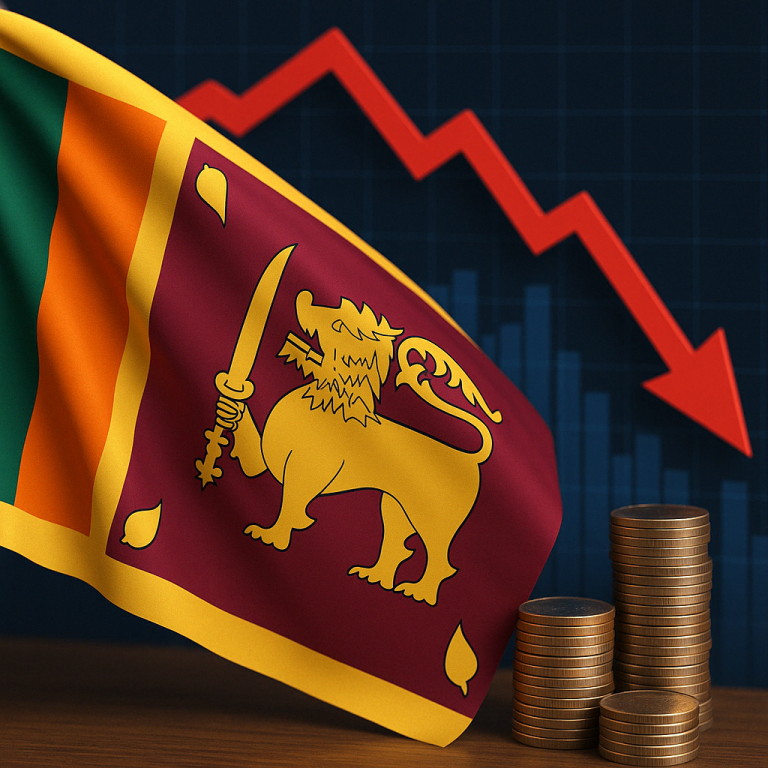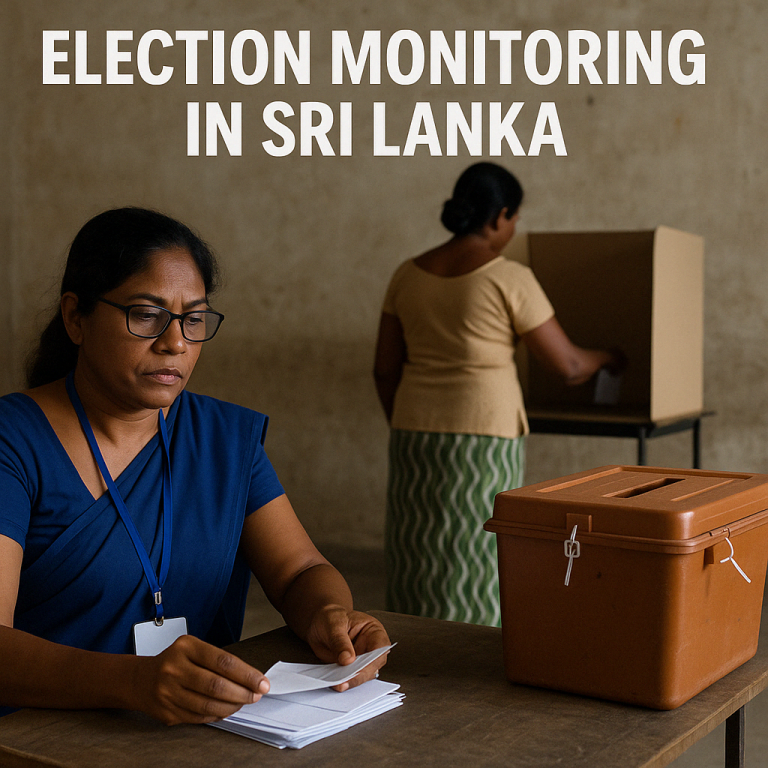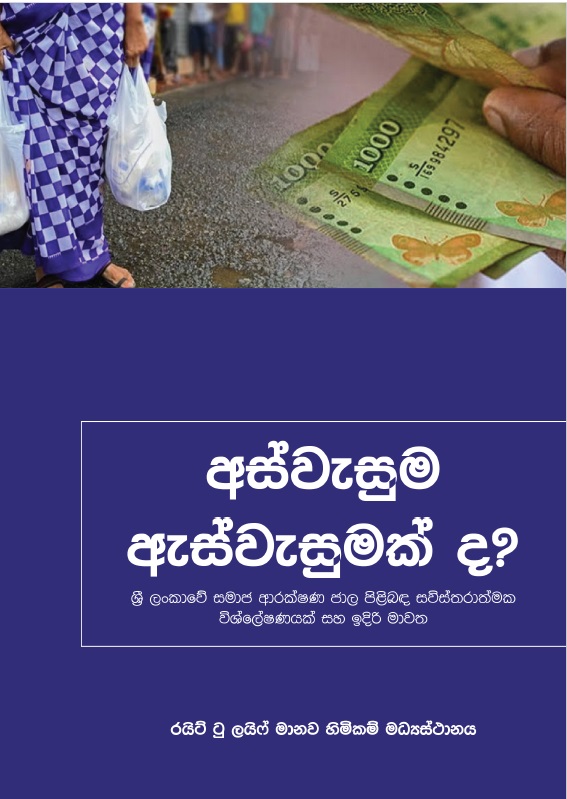The 2022 Annual Report of the National Education Commission highlights a critical issue within Sri Lanka’s education sector: the lack of effective regulation and oversight for private schools. As of 2022, there are 80 government-approved private schools and 395 international schools operating in the country, with a total student population nearing 300,000.
Government-approved private schools operate under the Assisted Schools and Training Colleges Act No. 08 of 1961. These schools, whether receiving government assistance or not, are managed by the Private Schools Division of the Ministry of Education. The government provides assistance to these schools in the form of teacher salaries, textbooks, uniforms, and other necessary resources.
Section 25 of the Assisted Schools and Training Colleges Act No. 08 of 1961 prohibits the private sector from establishing schools for children within the compulsory education age range, which is from 5 to 14 years old. As a result, existing international schools operate under the Companies Act No. 07 of 2007 or are registered with the Department of Provincial Business Names Registration.
As of December 31, 2020, there were 80 government-approved private schools operating in the country. Out of these, 47 schools received government assistance for teacher salaries, while the remaining 33 schools did not receive such assistance. Despite a decision made at a Cabinet meeting on May 23, 2018, to draft a set of guidelines for the regulation, supervision, and administration of government-approved private schools, no such guidelines had been formulated by the time of the 2022 audit report. The management and administration of these schools are overseen by a board, and many of these institutions are religiously affiliated.
Many government-approved private schools charge high application fees and sell a large number of application forms during the annual student intake periods. Afterward, only a limited number of students are admitted based on criteria determined by each school. The schools also charge varying amounts for entrance fees, school donations, and other related costs, with no standardized regulations or oversight. The Ministry of Education has not implemented any grading system based on the physical and human resources available at these schools, nor has it established maximum or minimum limits for fees that can be charged.
According to Circular No. 2005/31, all government-approved private schools are required to submit an annual income and expenditure report to the Director of Private Schools at the Ministry of Education. However, no school has submitted such reports as mandated.
Moreover, the Ministry of Education has yet to implement a grading system to assess these schools based on their physical and human resources. This absence of regulation extends to the financial transparency of these institutions. Although Circular No. 2005/31 mandates that all government-approved private schools submit an annual income and expenditure report to the Director of Private Schools at the Ministry of Education, compliance with this requirement is nonexistent.
Further complicating the issue is the fact that international schools in Sri Lanka, operating under the Companies Act No. 07 of 2007 or as business name registration entities, have no formal affiliation with the Ministry of Education. This legal loophole allows these schools to operate with minimal oversight, further exacerbating the regulatory challenges within the sector.
In summary, while private schools play a significant role in Sri Lanka’s education system, the lack of stringent regulations and oversight has led to inconsistencies in financial practices and overall management, leaving room for potential exploitation and inequality in educational access.







